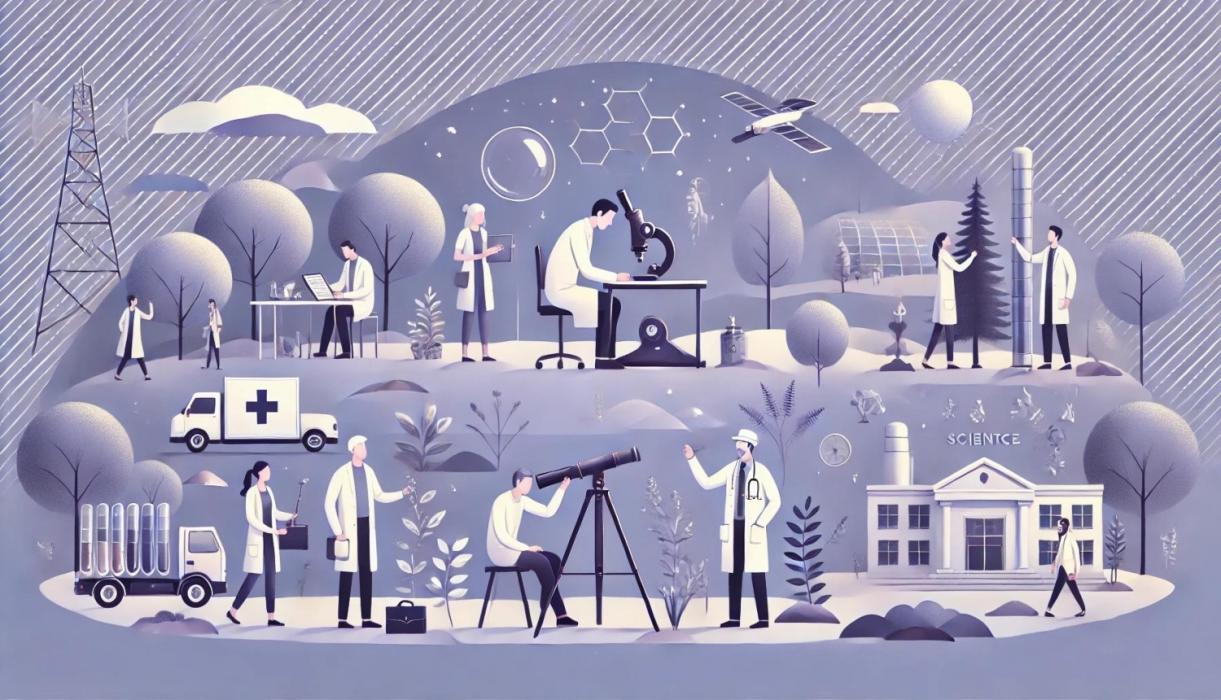The FLPP competition has concluded, with four projects supported at the UL ILFA

The evaluation of project applications for the Fundamental and Applied Research Projects (FLPP) competition of the Latvian Council of Science has concluded, with funding awarded to 91 projects that will begin on 1 January 2025.
Among the supported projects are four from the Institute of Literature, Folklore and Art of the University of Latvia (UL ILFA).
Full list of supported projects: Latvian Council of Science
UL ILFA supported projects
“‘Primitive and Noisy Music’ in Soviet Latvia (1956–1986): Mechanisms of Control and Practices of Avoidance under Authoritarian Rule.”
Project leader: Jānis Daugavietis
The project explores the history of mechanisms of control and avoidance practices surrounding popular music in Soviet Latvia after Stalin (1956–1986), including “unofficial” music. It focuses on the arrival and development of Western popular music idioms and practices in the Latvian SSR, institutional reactions, processes of political and social control, adaptation, and avoidance tactics. The research is interdisciplinary, combining humanities and social sciences, and will draw on oral history, archival materials, and material culture. Both qualitative and quantitative methods will be used, systematically involving citizen scientists.
“Latvian Folkloristics in Exile.”
Project leader: Rita Grīnvalde
The aim is to generate new knowledge about the history of Latvian folkloristics in exile from 1944 to 1990. Based on extensive published and unpublished archival sources, the project will map research carried out in Sweden, Germany, the USA, Canada, Australia, and beyond, by both the first and second exile generations. Results will include datasets, analytical reports, scholarly articles, public seminars, and an online exhibition, providing a fundamental base for future studies on Latvian exile culture.
“Recovering Latvian Realism: Literary Innovation as a Search for Identity.”
Project leader: Benedikts Kalnačs
The project seeks to re-interpret Latvian literary realism, engaging with contemporary debates in realism studies. It examines realism in postcolonial and post-Soviet cultural contexts, focusing on peripheral realisms as a key to understanding diversity within the movement. Using approaches from postcolonial criticism, gender studies, and trauma studies, the research will trace realism’s aesthetic and social functions in Latvia across history, asking whether its innovative aspects reveal literature’s potential to shape identity, resilience, and social change.
“Contemporary Art and Folklore: Unlocking the Underworld.”
Project leader: Toms Ķencis
The project investigates chthonic mythology in Latvian contemporary art since 1991, focusing on references to the underworld and its inhabitants as tools of social and cultural critique. Drawing on feminist aesthetics, ecocriticism, posthuman and postcolonial theory, the project combines textual and contextual analysis with experimental methods. Results will include scholarly and popular publications, datasets, a monograph, as well as an international seminar and summer school. Its ambition is to contribute a new chapter to Latvian art history and to develop a replicable model for comparative studies in the Baltic and European contexts.